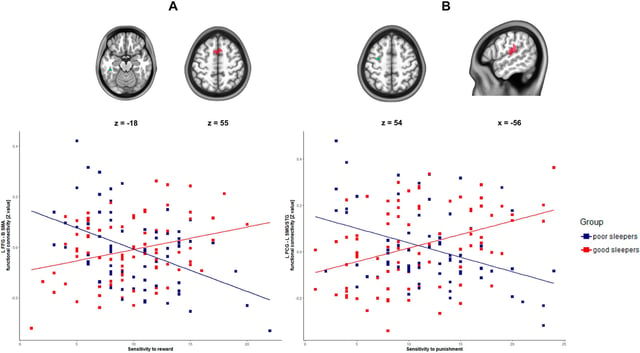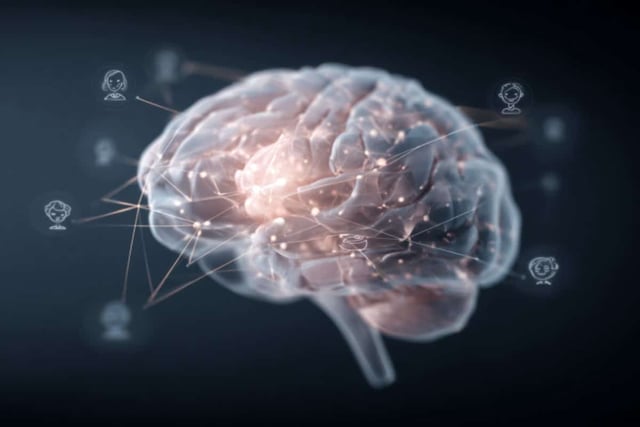Overview
- Specialized fMRI techniques addressed previous imaging distortions to pinpoint strong upper-ATL involvement in interpreting social hierarchies and reading emotional facial expressions.
- Preliminary data show individuals with subclinical anxiety exhibit heightened upper-ATL activity and reduced coordination between semantic and emotional processing systems.
- A July 2025 Sleep Medicine paper reports that individual sleep quality moderates functional connectivity patterns linked to sensitivity to punishment and reward.
- Researchers are mapping both functional and structural ATL connections, including the uncinate fasciculus linking the ATL to the orbitofrontal cortex, to clarify pathways underlying anxiety and guilt.
- The team is recruiting a gender-balanced sample to ensure accurate evaluation of demographic influences on ATL network function.


